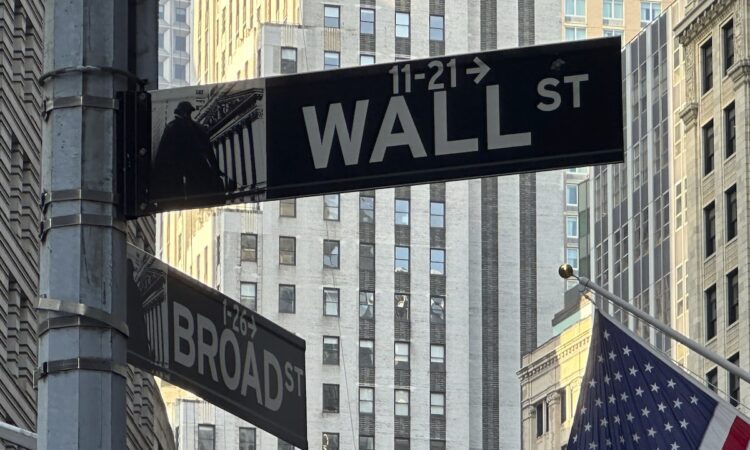
The first U.S. exchange-traded funds (ETFs) tied to the price of ether, the world’s second-largest cryptocurrency after bitcoin, began trading on Tuesday, in another watershed event for the crypto industry’s push to go mainstream.
Ether ETFs from VanEck, Franklin Templeton, Fidelity, 21Shares and Invesco began trading on Cboe, while one from BlackRock began trading on the Nasdaq. Products from Bitwise and Grayscale Investments also started trading on the New York Stock Exchange.
“This is a real inflection point for the industry,” said Andrew Jacobson, head of legal at 21Shares.
Following the launch of nine U.S. spot bitcoin ETFs in January, the ether products mark another win for the cryptocurrency industry’s campaign to push digital assets into the broader financial sector, although the products are unlikely to garner the same volume of inflows, analysts said.
The bitcoin ETF launches were the culmination of a decade-long tussle with the Securities and Exchange Commission, which had rejected the products due to market manipulation concerns.
The agency was forced to green-light the ETFs after losing a court challenge brought by digital asset manager Grayscale Investments, although it warned when approving them that the products were still highly risky.
The launch was one of the most successful in the ETF market’s history with the products attracting $33.1 billion in net inflows as of the end of June, according to Morningstar Direct data.
Bitcoin ETF issuers competed hard on fees, with many firms offering to waive fees entirely for a certain period of time.
The ether ETF fees range from 0.19% for Franklin Templeton’s ether ETF to a high of 2.5% for Grayscale’s ethereum trust, which it is converting into an ETF, according to their public offering documents. The rest cluster around 0.25%.
Overall, the fees are comparable to the bitcoin products, although issuers are offering fewer waivers.
Grayscale also is rolling out a “mini” version of its ether ETF with a fee of only 0.15%.
While estimates on demand for the ether products vary widely, Galaxy Research – whose sister company Galaxy Asset Management has a pending ether ETF with Invesco – has projected that the ether ETFs could attract monthly inflows of $1 billion.
“Overall, market participants expect strong interest in ETH Spot ETFs and significant inflows in the first 3-6 months post-launch,” Matteo Greco, research analyst at Fineqia International, wrote in a note. He added that demand for the ether ETFs will be crucial in ascertaining investor appetite for digital assets beyond bitcoin.
Issuers began filing for the ether ETFs in September. Executives initially had low hopes that the SEC would approve the products after discouraging meetings with officials.
But the agency surprised the industry in May when it approved rule changes required for exchanges to list the products, the first of two key regulatory hurdles.
SEC Chair Gary Gensler last month told Reuters the Grayscale ruling had influenced his thinking on approving the ether products, because the underlying market circumstances were similar.
Be smart with your money. Get the latest investing insights delivered right to your inbox three times a week, with the Globe Investor newsletter. Sign up today.






